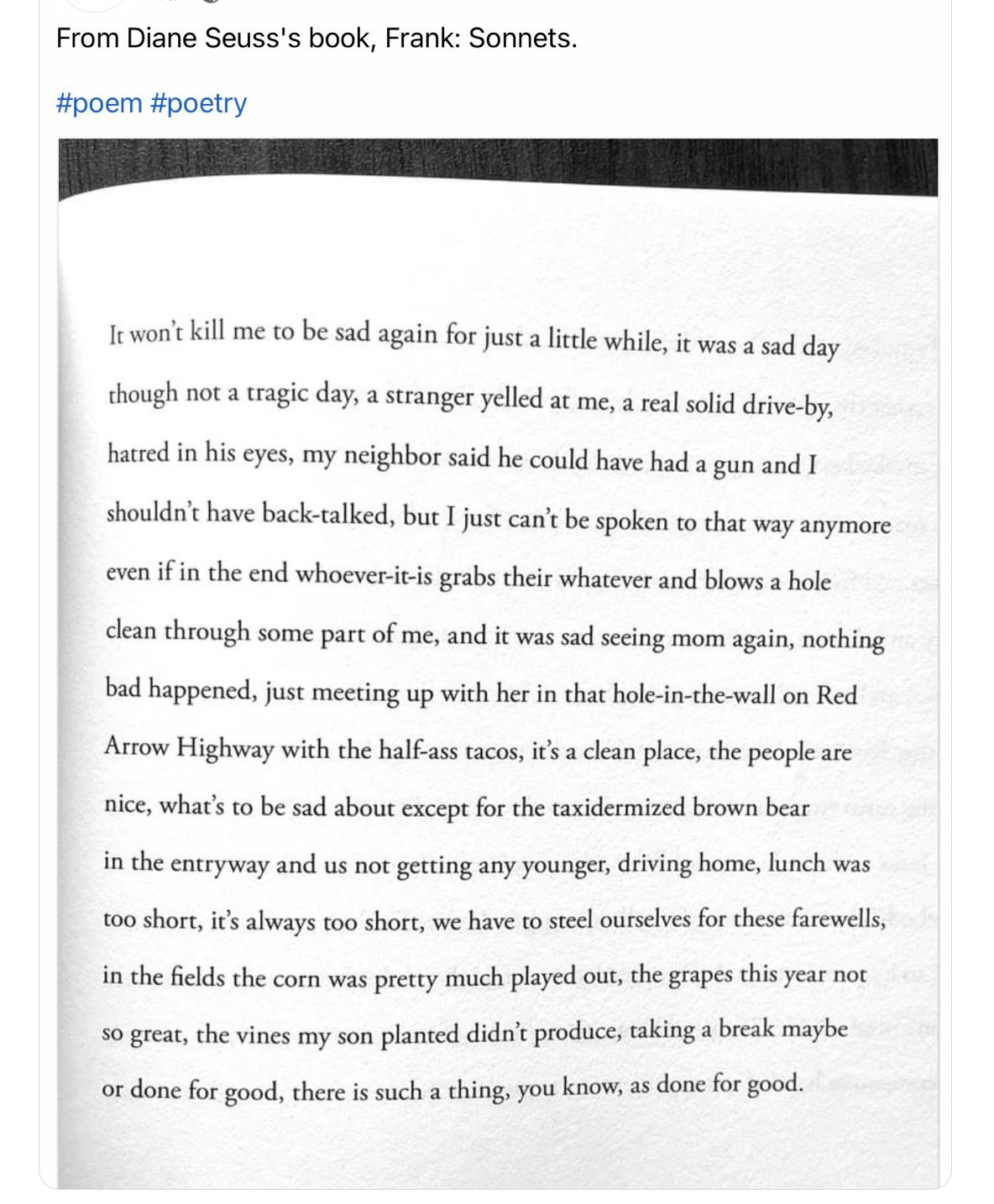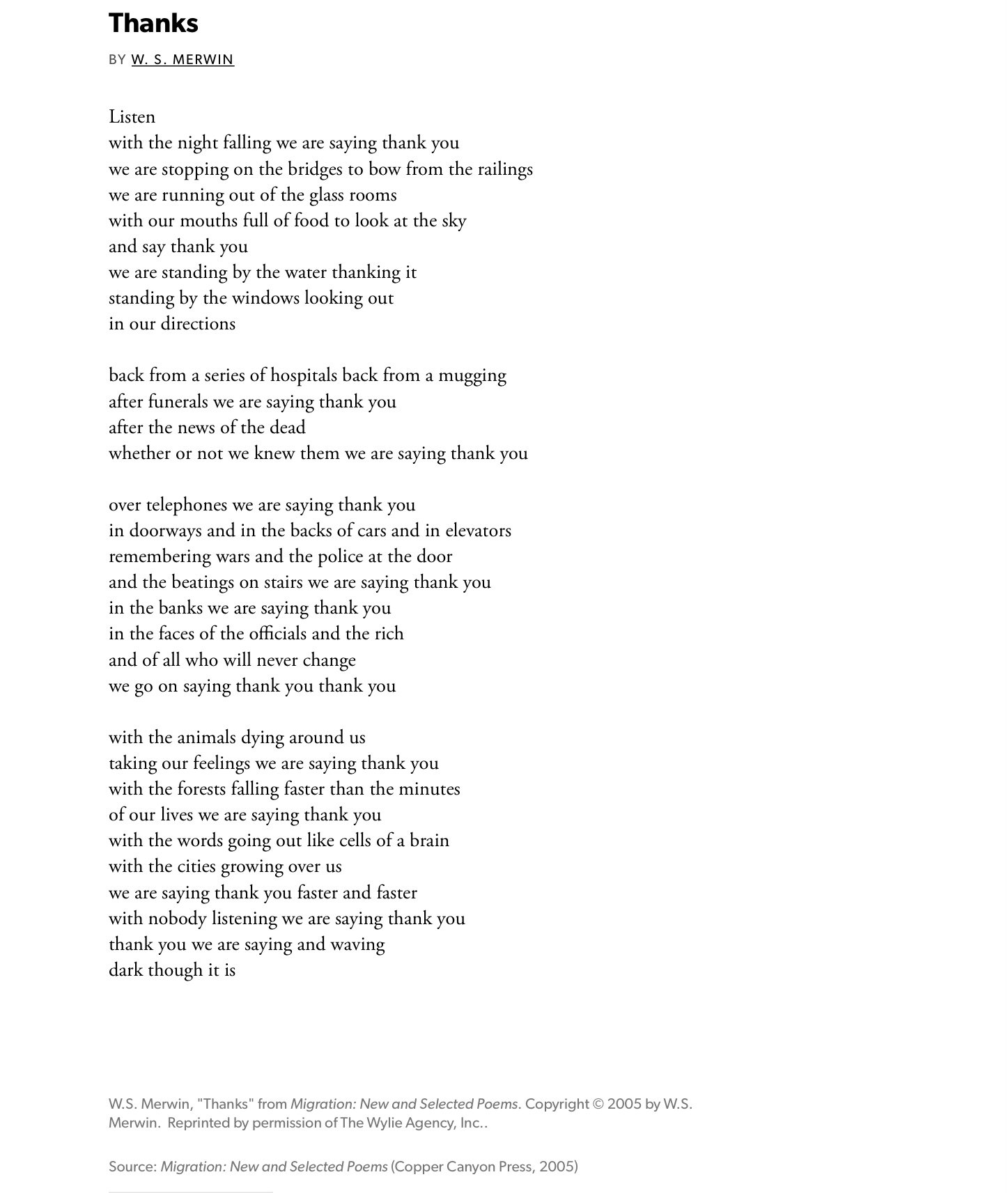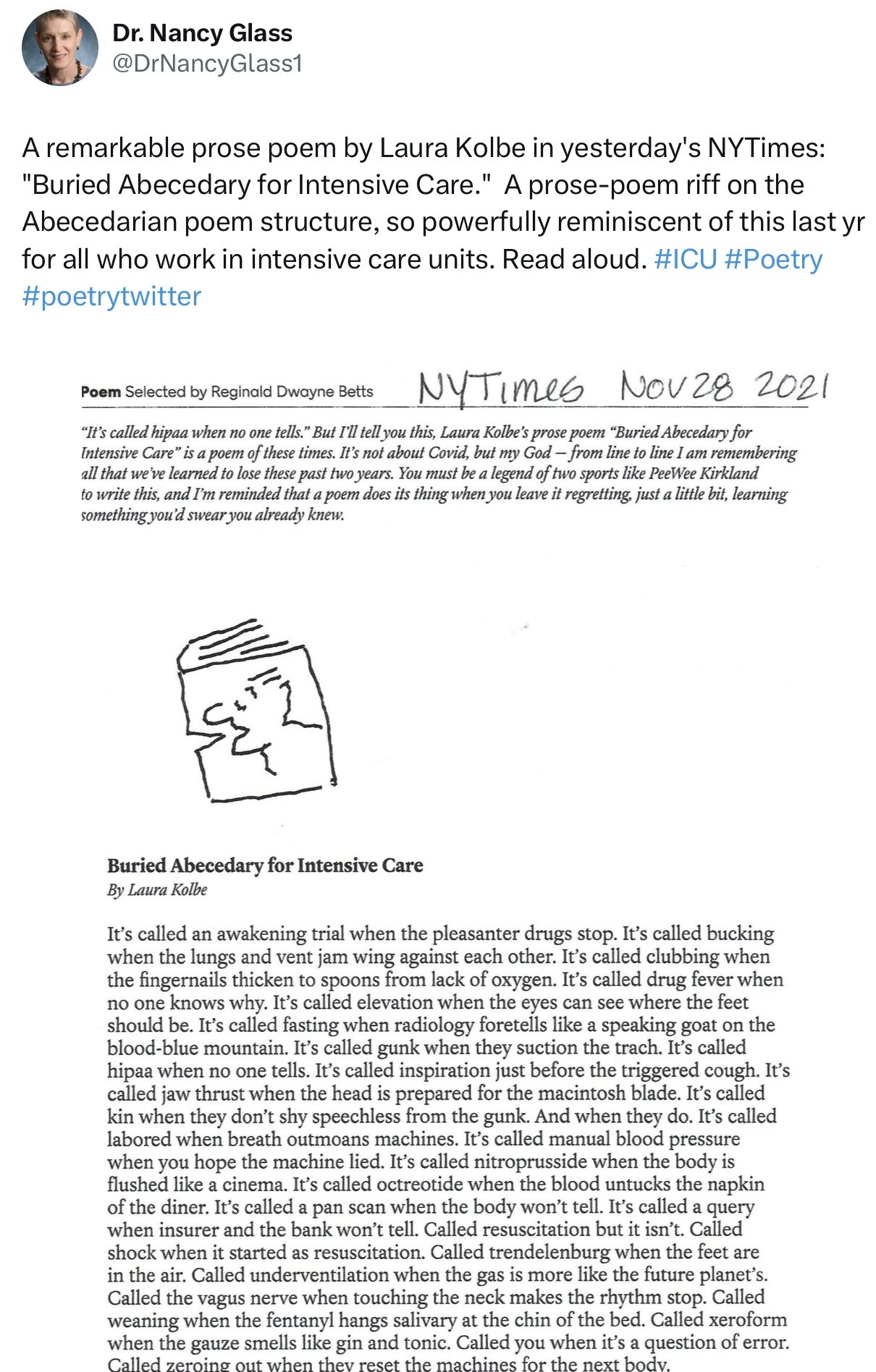Perhaps Elaine Ewart’s “Take the collared dove” best embodies the April 30/30 challenge for me: just persist. Writing every day this month will not lead to thirty poems that I can publish or perhaps even three poems that I can edit to something I am excited aobut, but instead this process will be thirty starts, thirty attempts, thirty practice sessions in which I made myself write and kept writing.
Notice that I omitted “leads” or its synonym in the blog post title since success reminds me too much of the South Park Underpants Gnomes profit meme. How I get to “success” or what success even is changes daily and may involve a Venn diagram, the map to a corn maze, a stranger’s blessing or a larger cup of coffee.
If you would like to visit Atrium for her poem, click on this link: https://atriumpoetry.com/2025/03/14/take-the-collared-dove-elaine-ewart/. Do check out more poems on the journal’s website; I really enjoyed what I found there. You can also find more of the poet’s writing on her blog: http://flightfeather.wordpress.com/.
For the first prompt, follow a similar structure (perhaps even a modified sonnet) with a kind of adage illustrated by some animal’s behavior or a specific example in the news or research and ending the poem with your current life.
The second prompt is to simply describe animal behavior—nesting or delivering its young or caring for them. Let your own experiences as parent or child color the description without overt comparisons.
The third is to write use the line “All they do is persist” as the first line of a poem or short story, remembering to credit the poet even if you later erase the line.
For the next, write a poem or story about “clumsy angels.”
For the last prompt, write a poem or short story using the following word list from the poem: “success,” “collared,” “twigs,” “shell,” “bracket,” “throng,” “clatter,” “hinge,” “unmade” and “carry.”
For a bonus prompt, write an epistolary (letter) poem addressed to this mother whose nest was provided for her. What could society provide for you or parent? If you would like sample poems, check out https://poets.org/glossary/epistolary-poem.
Good luck writing! Remember that the April challenge can be to create the practice of writing every day or to write more frequently. Just persist in trying to write more, and you will succeed (this of course is reminder to myself).
I hope you enjoy the process!










